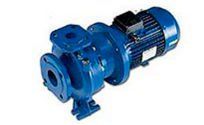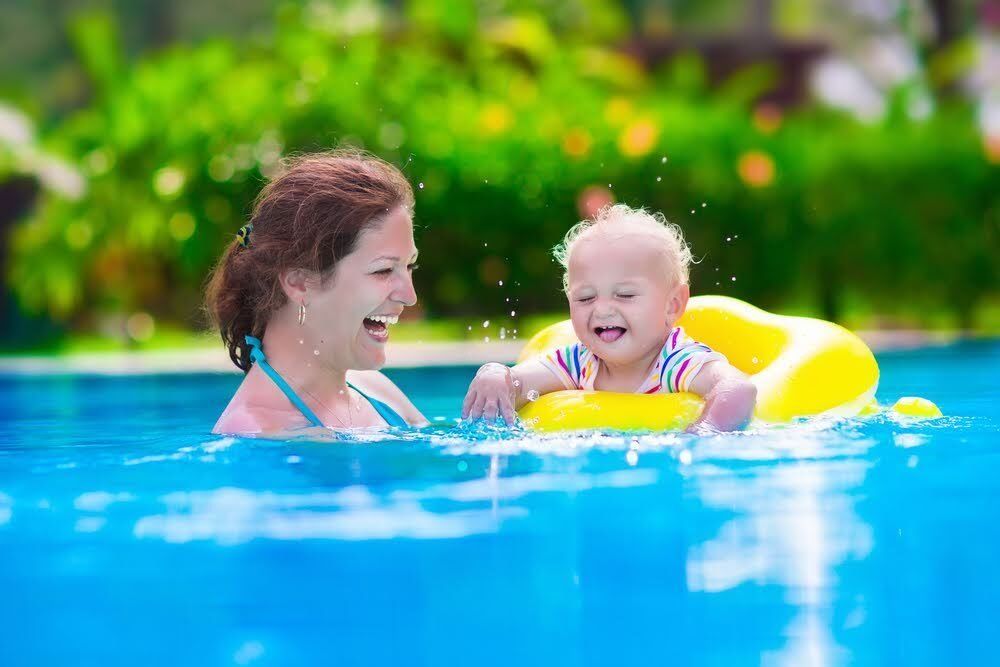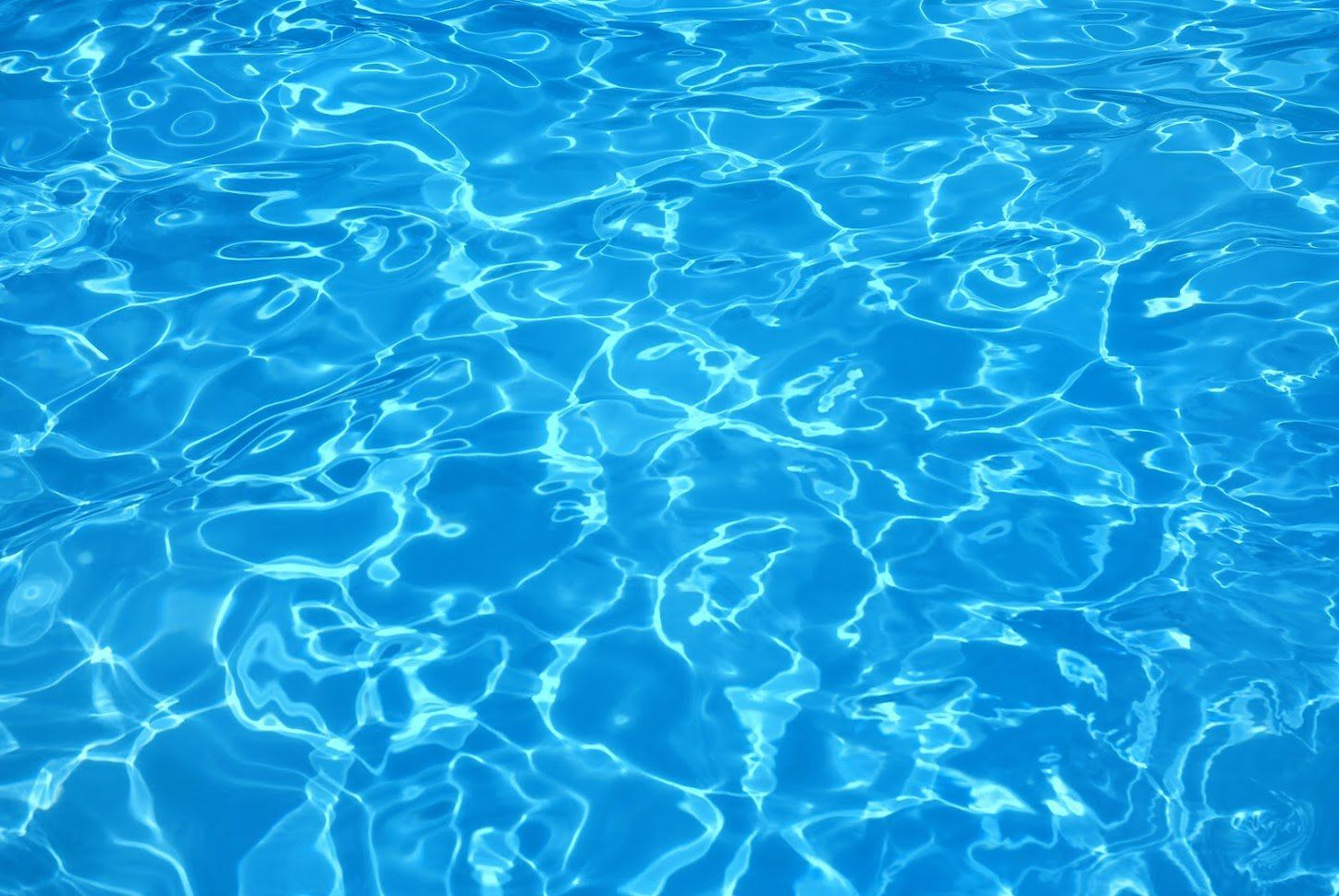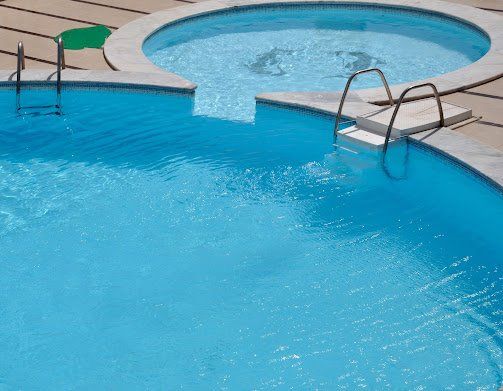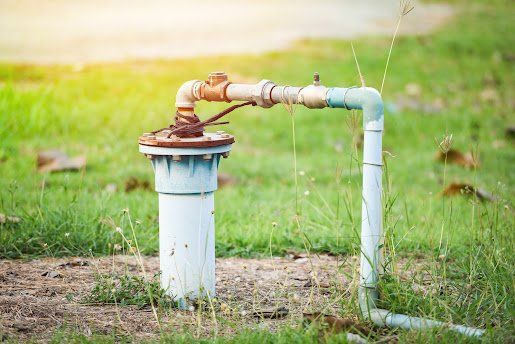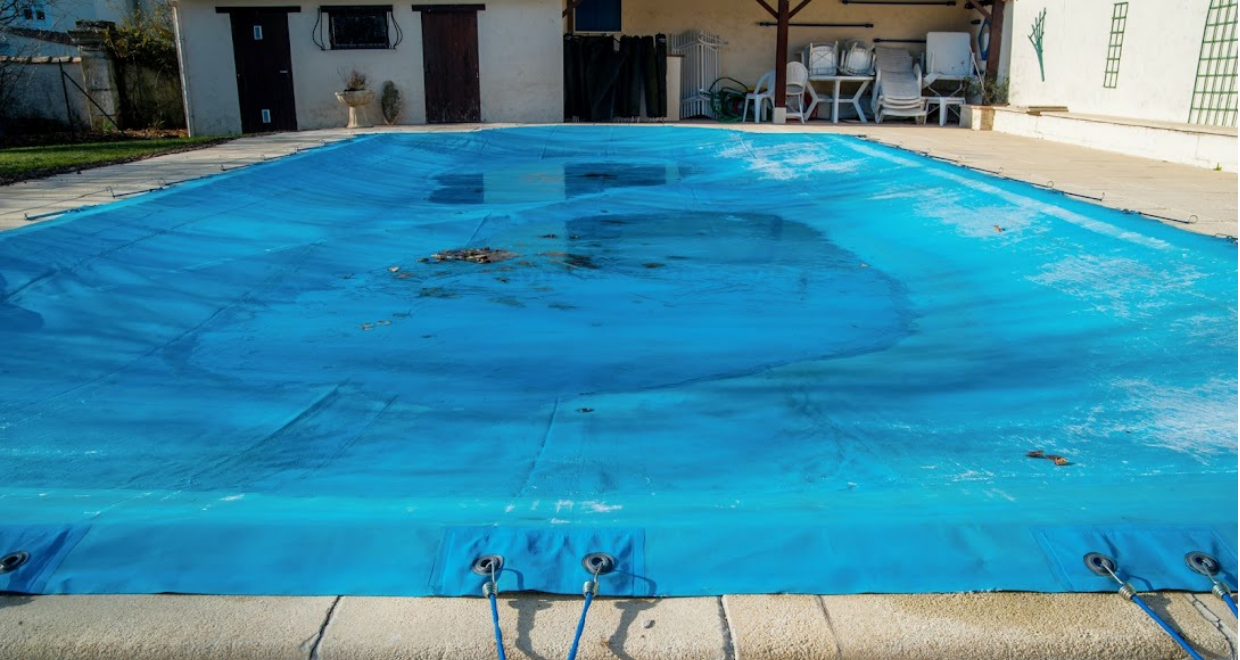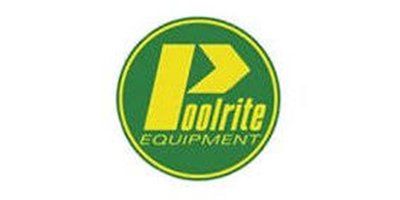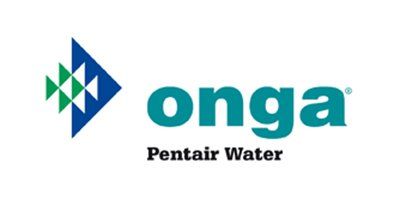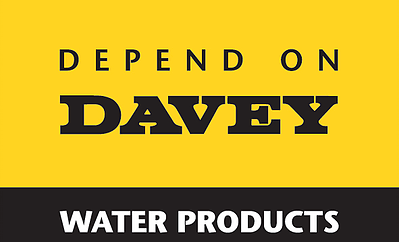5 Tips to Prevent Algae Growing in Your Pool
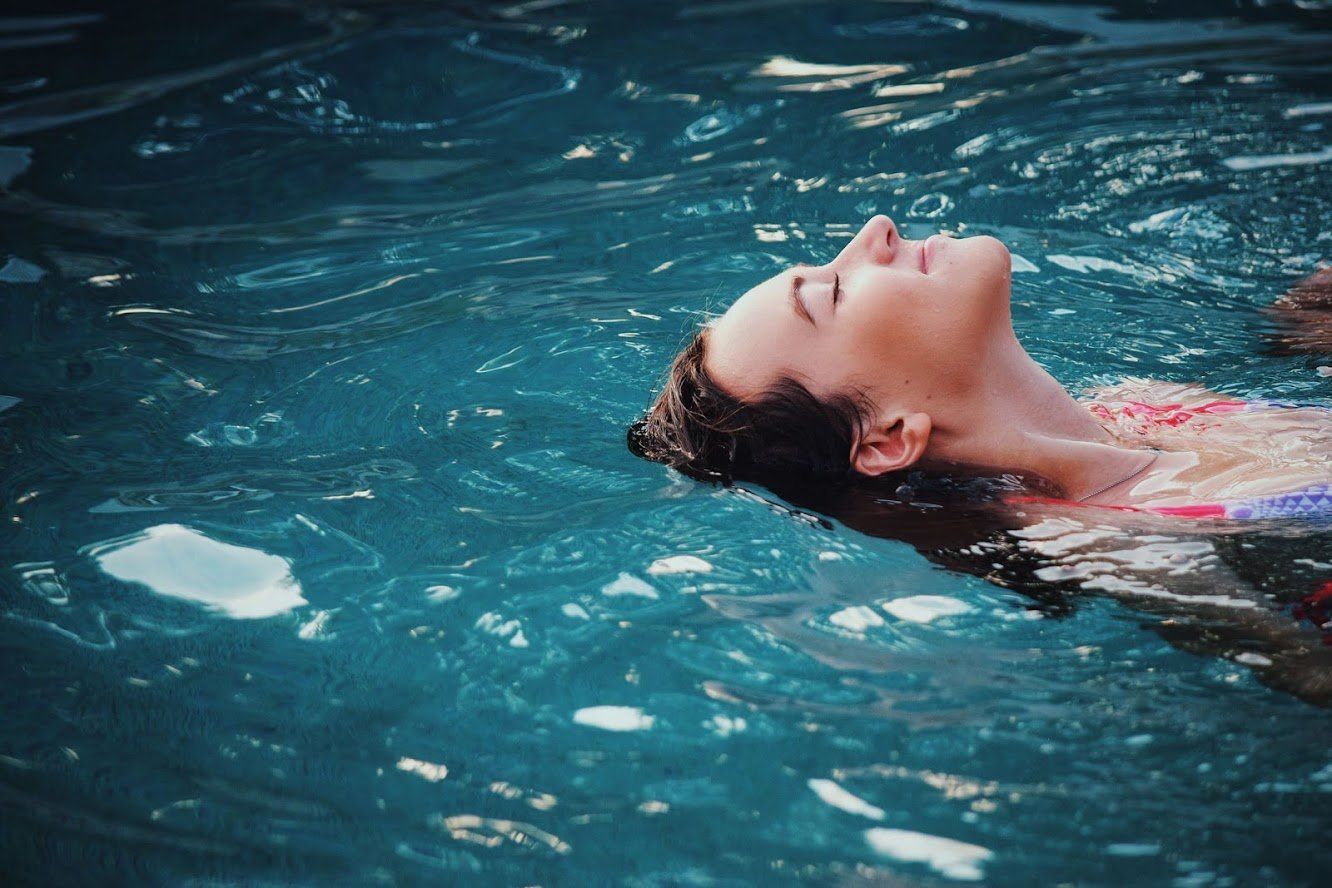
5 Tips to Prevent Algae Growing in Your Pool
Algae is a common problem for pool owners. This aquatic plant loves to grow in backyard pools that have not been properly maintained. It can turn the water green and slimy, making the idea of taking a dip in the pool disgusting. Here are a few tips you can use to keep algae out of your pool so the water stays clear and inviting.
1. Skim the Pool
Leaves on the surface of the pool encourage the growth of algae. You can reduce algae growth by regularly skimming leaves from the water. If there are trees overhanging your pool, consider investing in a pool cover to keep leaves out of the water.
2. Test Pool pH Regularly
The pH of your swimming pool is the level of acidity in the water. You need to test the pH of the water regularly to ensure it stays within a range that discourages the growth of algae. Ideally, you should test pH every day to ensure the range stays within the range of 7.4-7.6.
The easiest way to test pH is to use test strips. These cheap test strips are easy to use for almost everyone, except colourblind people who often struggle to match the colour on the strip to the colour chart.
Another option is to use an electronic pH tester. These devices are very easy to use but occasionally require new batteries.
3. Restore Acid Balance
If you test the pH of your pool water and discover that it is too high, you need to add a chemical to your pool to make the water more acidic. Many pool owners use muriatic acid, which is easy to handle and very effective at restoring the acid balance of the water. Another option is sodium bisulphate.
If the pH of the pool is too low, you need to add a chemical that can make the water less acidic. Most pool owners use soda ash for this purpose.
4. Test Chlorine Level
Once the acid level of your pool is within the correct range, you need to also ensure that the pool has the right amount of chlorine. This is not as simple as it sounds.
Swimming pool water contains two types of chlorine: free chlorine, which kills algae and bacteria in the water, and combined chlorine, which is formed when chlorine reacts with other chemicals in the water. The pH of the water affects how much free chlorine and combined chlorine is present, so it is important to balance pH before you move onto this step.
You can test the chlorine level in your pool using test strips or a device called a colourimeter. The level of chlorine in the pool water should be between 1 and 3 parts per million (ppm).
5. Add Chlorine If Necessary
There are various forms of chlorine that you can add to your pool to reduce the growth of algae. You can use liquid chlorine or a powder call calcium hypochlorite. Whichever type of chlorine you use, be sure to use the instructions on the packaging to work out how much you need to add based on the reading on the chlorine test strip and the size of your pool.
Be sure to add chlorine to your pool well in advance of when you want to use it. This gives the pool water the chance to come back into balance before you come into contact with it.
6. Maintain the Pool Pumps and Filters
Pool pumps and filters perform a vital role in preventing algae growth. You need to maintain these important parts to keep the pool water clean. If your pool pump requires maintenance, contact Shenton Pumps today.
